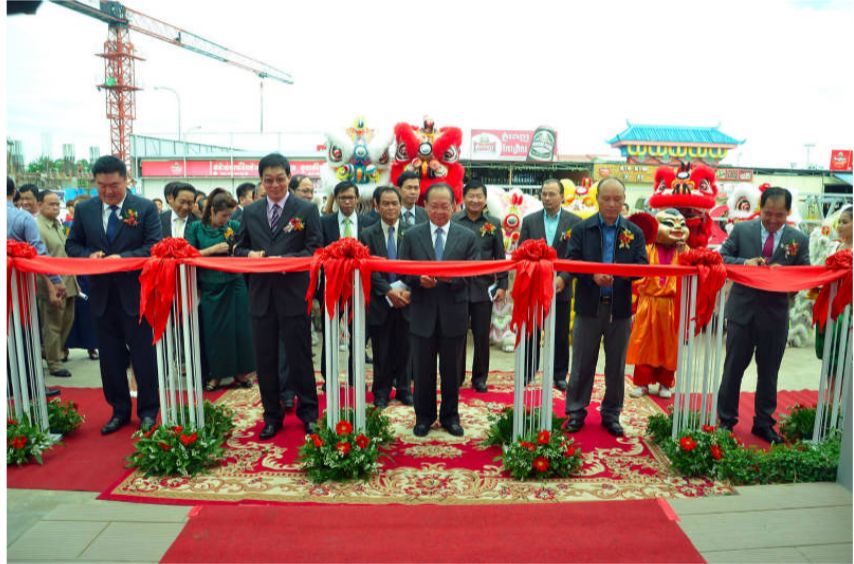Bali's boutique property developer and management services provider, OXO Living, has launched Asia's inaugural real estate concierge service. Designed as the perfect companion for those looking to purchase*, sell, rent or develop exceptional designer homes in Bali's most desirable addresses, OXO Living's Real Estate Concierge provides clients with expert assistance, time-saving and risk-reducing solutions as well as the key to personalised services for all things real estate in Indonesia.
According to OXO Living, traditional property agents end their services when the purchasing process is completed, whereas their Real Estate Concierge does not. Each property in OXO Living's portfolio meets the team's stringent standards in architecture, interior design, engineering and construction in alignment with OXO Living's brand ethos of Effortless Living. The real estate opportunities presented to clients are chosen to match their lifestyle and investment objectives, the company said.
Property rental and transactions in Bali are known to be a challenging undertaking since most publicly available information tends to be outdated or unreliable. Through close-knit relationships forged with homeowners and partners over the years, complemented by OXO Living's expert market knowledge, the Real Estate Concierge will relieve clients from complex, time-consuming struggles that come with navigating Bali's property landscape, OXO Living said. In addition, the team provides access to the island's off-market properties.
Aside from off-market rental options, the concierge also allows for the short and long-term rental of OXO portfolio in Bali. These include luxury jungle residences in Buwit, Tabanan, family lofts with scenic views in Canggu plus townhouses and studio units in Berawa. A local OXO Rental Manager is available to facilitate move-in, transport, travel and international owners' visa arrangements.
OXO Living also offers the expertise and resources to style, renovate and extend homes to match their owners' lifestyle needs and taste.
“With this innovative Real Estate Concierge service, we can provide buyers and sellers the best of both worlds,” said Johannes Weissenbaeck, founder and CEO of OXO Living.
“The buyer benefits from exclusive access and deep understanding of Bali's luxury property market, while the seller can leverage on our discreet and professional concierge service in ensuring that the architectural significance of his home remains well-appreciated by its next owner.”
“There are only very few things that money cannot buy – health and time. Just like how you can entrust your health to the very best medical specialists, you can also save precious time by entrusting OXO Real Estate Concierge for all things real estate here in Indonesia,” said OXO Living partner Michael Luible.
*There are various regulations governing the ownership of property by non-Indonesians, as OXO Living explains in a blog post.











